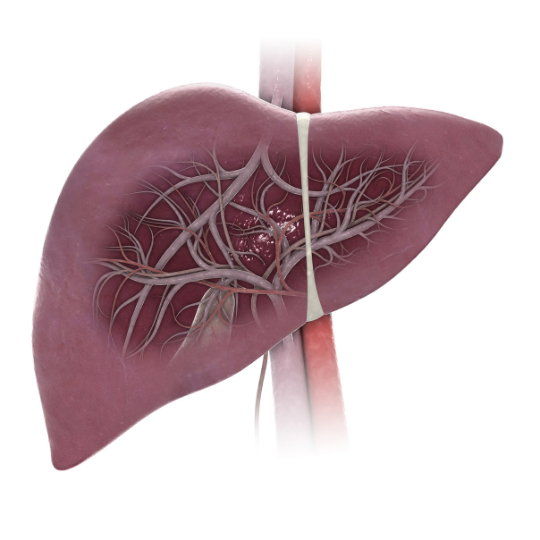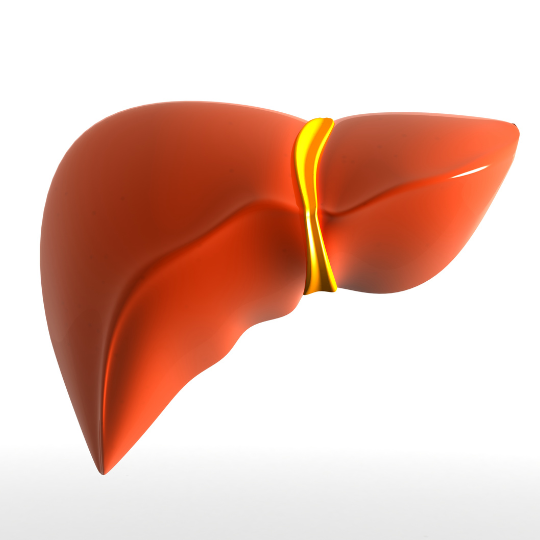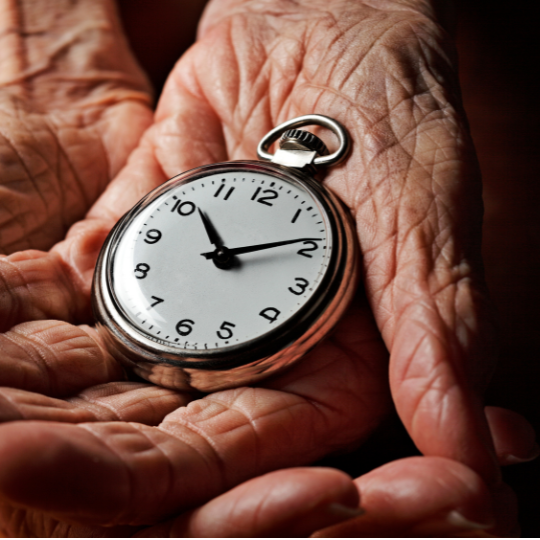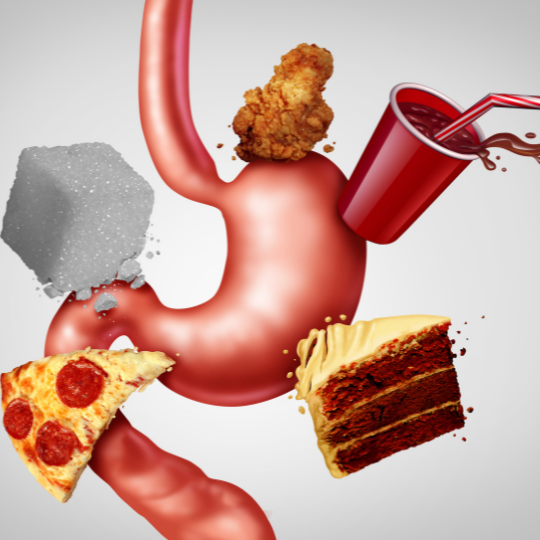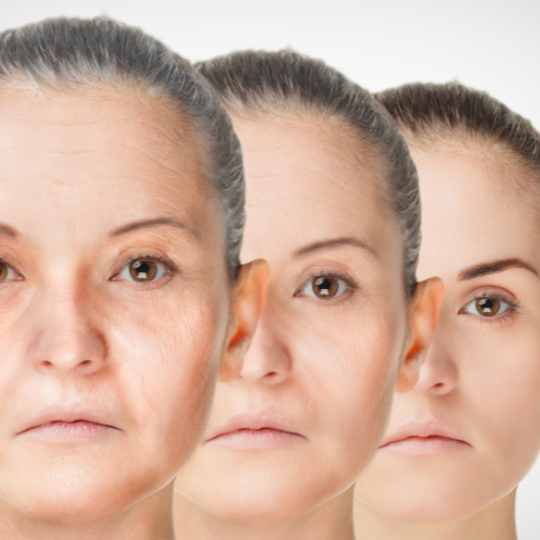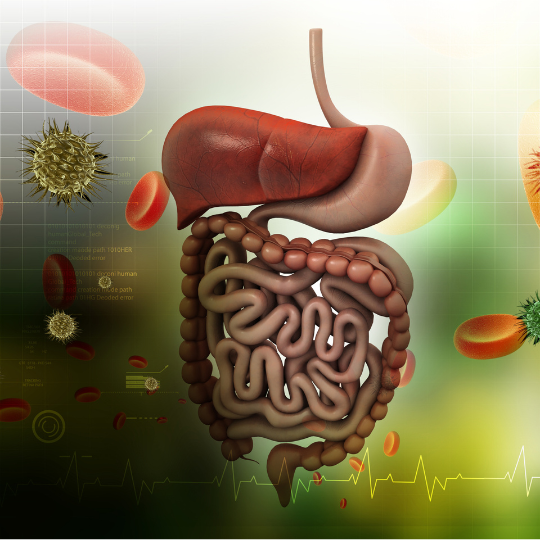Muscles are one of the most important tissues in the human body. They are not just for lifting weights or show off our gains. They allow us to walk, run, talk, and even breathe. But did you know that there are actually different types of muscle tissue? In this article, you will discover the types of muscle tissue found in the human body and how they work together to help us move and thrive. Plus how creatine can help with all that.
Skeletal muscle
The first type of muscle tissue is skeletal muscle. This type of muscle is attached to the bones in your body and is responsible for voluntary movement. This type of movement is when you decide to lift your arm, to walk, to dance, to speak, etc. This muscles can be worked out to make them stronger and keep your body healthy, agile and with good posture.

Have you ever wondered how skeletal muscles work? Well, inside each muscle cell, there are tiny proteins called actin and myosin, which together create muscle fibers. When you want to move a certain body part, your brain sends a signal to the skeletal muscle telling it to contract. Contraction of muscles is the result of actin and myosin proteins sliding past each other, shortening the muscle and pulling on the bone to create movement, this is called “actin-myosin interaction” (Dave HD, et al, 2022).
Geek corner: Learn more about skeletal muscle contraction.
Smooth criminal (smooth muscle)
The second type of muscle tissue is smooth muscle. Unlike skeletal muscle, smooth muscle can not be controlled consciously. It’s found in the walls of organs, such as the stomach, intestines, and blood vessels. Smooth muscle helps to move substances through the body, for example in digestion, and regulate blood flow and distribute nutrients and oxygen to all the body (Dave HD, et al, 2022).
Cardiac muscle
The third type of muscle tissue is cardiac muscle, which is found only in the heart. This type of muscle is very special, it is capable of contracting in a rhythmical and strong way. Because of this ability, the heart is able to pump blood throughout the body. Like smooth muscle, it cannot be controlled consciously, but it works automatically to keep our bodies functioning properly (Dave HD, et al, 2022).
Muscle, energy and metabolism
Muscle tissue, especially skeletal muscle, is much more than just movement. It’s also very important for metabolism and energy uptake. You may know that food, especially carbohydrates, is stored as glycogen in the muscles, and when needed during exercise, the muscles use up this glycogen as energy.

There are certain nutrients that support muscle function, as for example Creatine. Creatine is a natural substance found in the body and in certain foods such as meat and fish. It supplies the muscles with energy during intense physical activity and has been shown to improve athletic performance and muscle endurance and strength (Rawson ES, et al, 2003).
Genetics and muscle
It’s no secret that genetics plays a role in literally everything your body is and does. It even plays a role in muscle mass, influencing the physiology of your muscles, how strong they are, how big they are and how they use food and nutrients, such as creatine:
- GAMT: this gene provides instructions for making an enzyme called “Guanidinoacetate methyltransferase”, which is important for the synthesis of creatine in the body. People with GAMT SNPs may have problems with usage and storage of energy in the muscle, affecting muscle function and athletic performance. Supplementation with creatine could be useful to counteract any deficiency
- ACVR2B: the ACVR2B gene, codes for a receptor for a negative regulator of skeletal muscle, myostatin. Myostatin is a growth factor that inhibits muscular development and growth. People with this genetic variant are prone to have low lean body mass, which could be a risk factor for chronic disease and a low quality of life (Klimentidis YC, et al. 2016).

In addition to lifestyle and nutrition, certain supplements as mentioned above, have been shown to be effective in supporting muscle function. One of the most studied supplements is creatine monohydrate. It can improve athletic performance and muscle strength, not only in people with GAMT gene variants. Other supplements that might help your muscles are:
It is important to note that supplementation should always be taken in addition to a healthy lifestyle and balanced diet, except when you have a diagnosed deficiency. You can contact us for a free consultation so we can address your genetics and metabolism and take your health to the next level.
Remember that having a healthy lifestyle includes being active, having enjoyable hobbies and having a balanced nutritious diets. By doing this, you can have a healthy long life!
